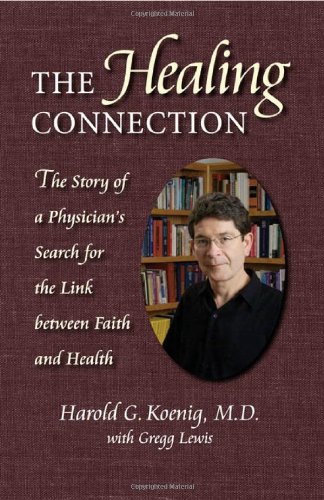

Most ebook files are in PDF format, so you can easily read them using various software such as Foxit Reader or directly on the Google Chrome browser.
Some ebook files are released by publishers in other formats such as .awz, .mobi, .epub, .fb2, etc. You may need to install specific software to read these formats on mobile/PC, such as Calibre.
Please read the tutorial at this link: https://ebookbell.com/faq
We offer FREE conversion to the popular formats you request; however, this may take some time. Therefore, right after payment, please email us, and we will try to provide the service as quickly as possible.
For some exceptional file formats or broken links (if any), please refrain from opening any disputes. Instead, email us first, and we will try to assist within a maximum of 6 hours.
EbookBell Team

0.0
0 reviews"It is inspiring to see a physician who is unafraid to stand up for his religious beliefs and who understands how those beliefs can resonate with good science." —Larry Dossey, MD, author of Reinventing Medicine and Healing Words
The name Harold G. Koenig is well known in the fast-growing field of spirituality and health. Founder and director of the widely respected Duke University Center for Theology, Spirituality, and Health, Dr. Koenig is recognized worldwide for his groundbreaking work in medical science and religious faith. In this book—now available in paperback—he shares his remarkable personal story and shows how personal trials became the catalyst for his pioneering research.
In part one, he describes his turbulent youth: growing up on a California vineyard, college days of experimentation during the 1970s, adventures as a student researcher in Africa with Jane Goodall, an emotional breakdown, expulsion from medical school for disruptive behavior, battling mental illness as a street person in San Francisco. He refers to his ongoing battle with a chronic and debilitating physical disease in terms of the insights it gives him for his work, and he recounts the striking realization of God's call, the people and events that helped him refine a vision into a mission, and the subsequent professional opposition that resided alongside his success.
Part two draws on the real-life examples of former patients and summarizes Koenig's most important findings concerning the impact of Christian faith on mental and physical health, encapsulated by the statement: religious faith and practice are connected to mental and physical health.
In part three he challenges individuals and the American church to consider the implications of the research and to develop constructive ways of implementing the healing connection that can be found in faith.